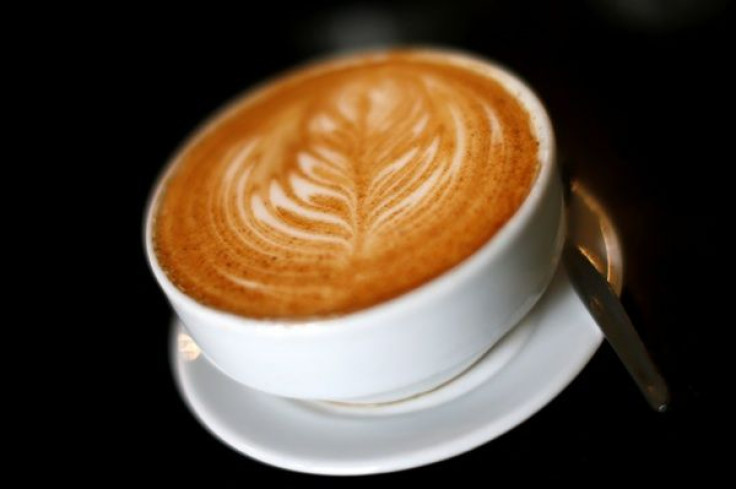Is Coffee Becoming Extinct? Millennials And Global Warming May Be To Blame For The World's Depleting Java Supply

Coffee demands are at an all-time high, and bean supplies are diminishing. So who is to blame? According to a Bloomberg Market analysis released on Sunday, the world's coffee problem is due to millennials.
Not only did the report note that young American adults are chugging coffee at an earlier age, but daily consumption from younger adults, particularly 19- to 34-year-olds, is increasing rapidly. Indeed, 44 percent of American coffee drinkers are millennials, the report said.
Within the last eight years, daily coffee consumption among 18- to 24-year-olds rose from 34 percent to 48 percent while consumption increased from 51 percent to 60 percent among people ages 25 to 39, according to the National Coffee Association in New York. Meanwhile, coffee consumption among adults 60 and older dropped from 76 percent down to 64 percent as of 2016.
Millennials are also starting their coffee obsession at an earlier age. Young people who were born after 1995 were found to start drinking java at around 14 years of age while those who were born around 1982 reportedly started drinking coffee at about 17 years old.
Millennials' Love of Coffee Could Contribute to a Global Shortage — https://t.co/W4ALn0OAoA pic.twitter.com/IrLJt2QF31
— Mental Floss (@mental_floss) November 2, 2016
While the high demand for coffee drinking millennials is boosting sales, the coffee craze is heavily impacting decreasing supplies as Brazil, the world’s largest coffee producer and exporter, faces a severe drought due to climate change.
A Fairtrade report released in September said Brazilian coffee production could be in imminent danger as lack of rain has scorched some of the most popular coffee farms. Certain areas of Brazil’s coffee belt, particularly Sao Gabriel da Palha, haven’t seen real rainfall in about three years, which is causing many of the coffee crops to burn up from the blazing sun and hot temperatures.
© Copyright IBTimes 2024. All rights reserved.












